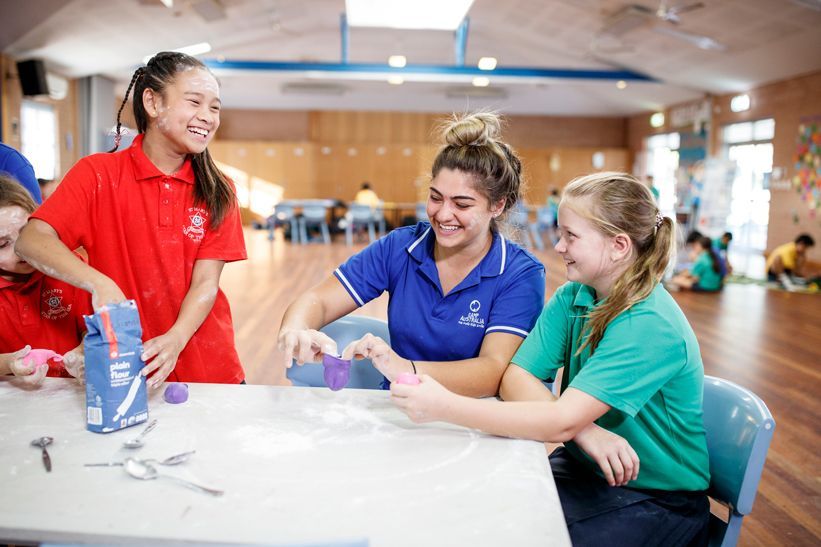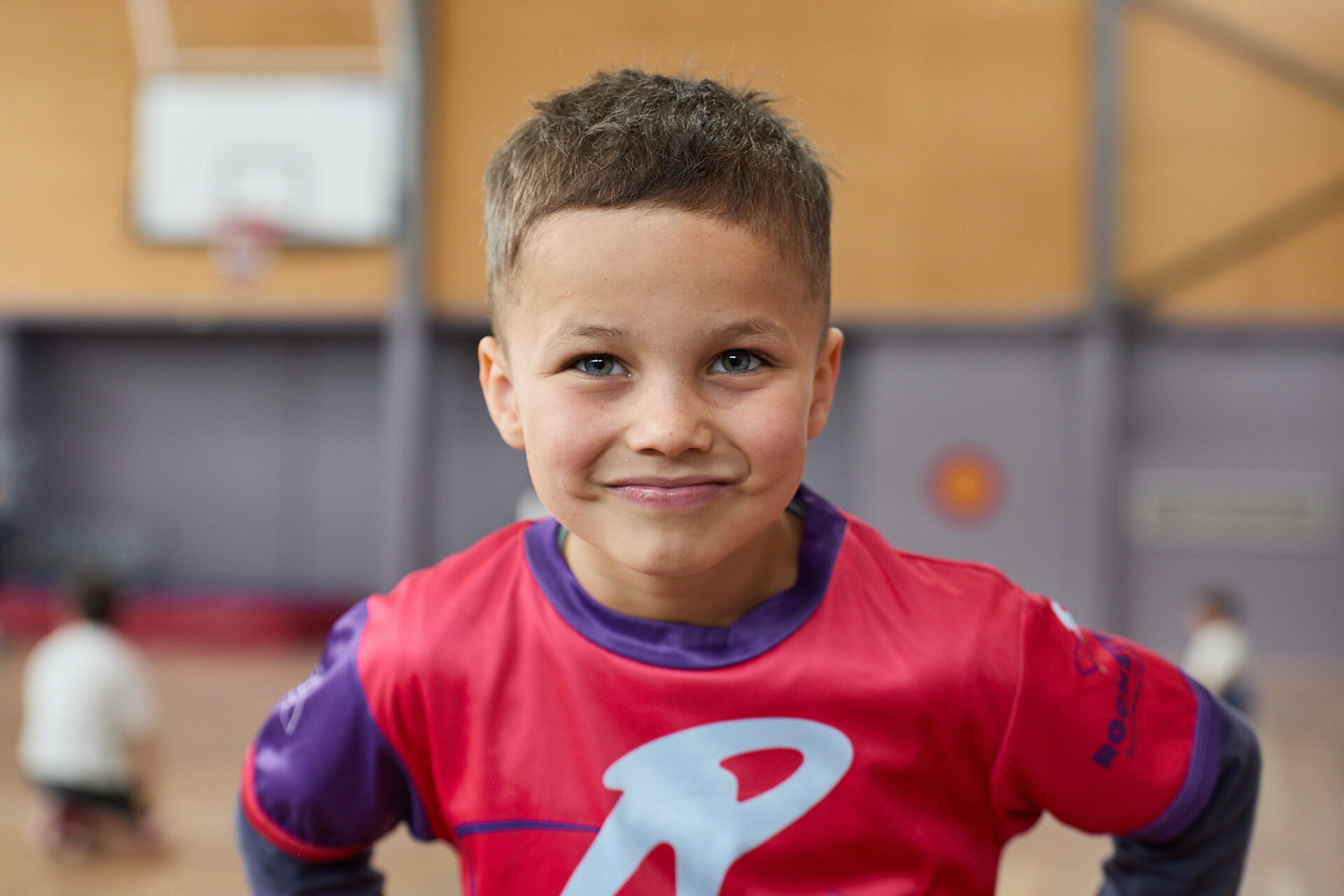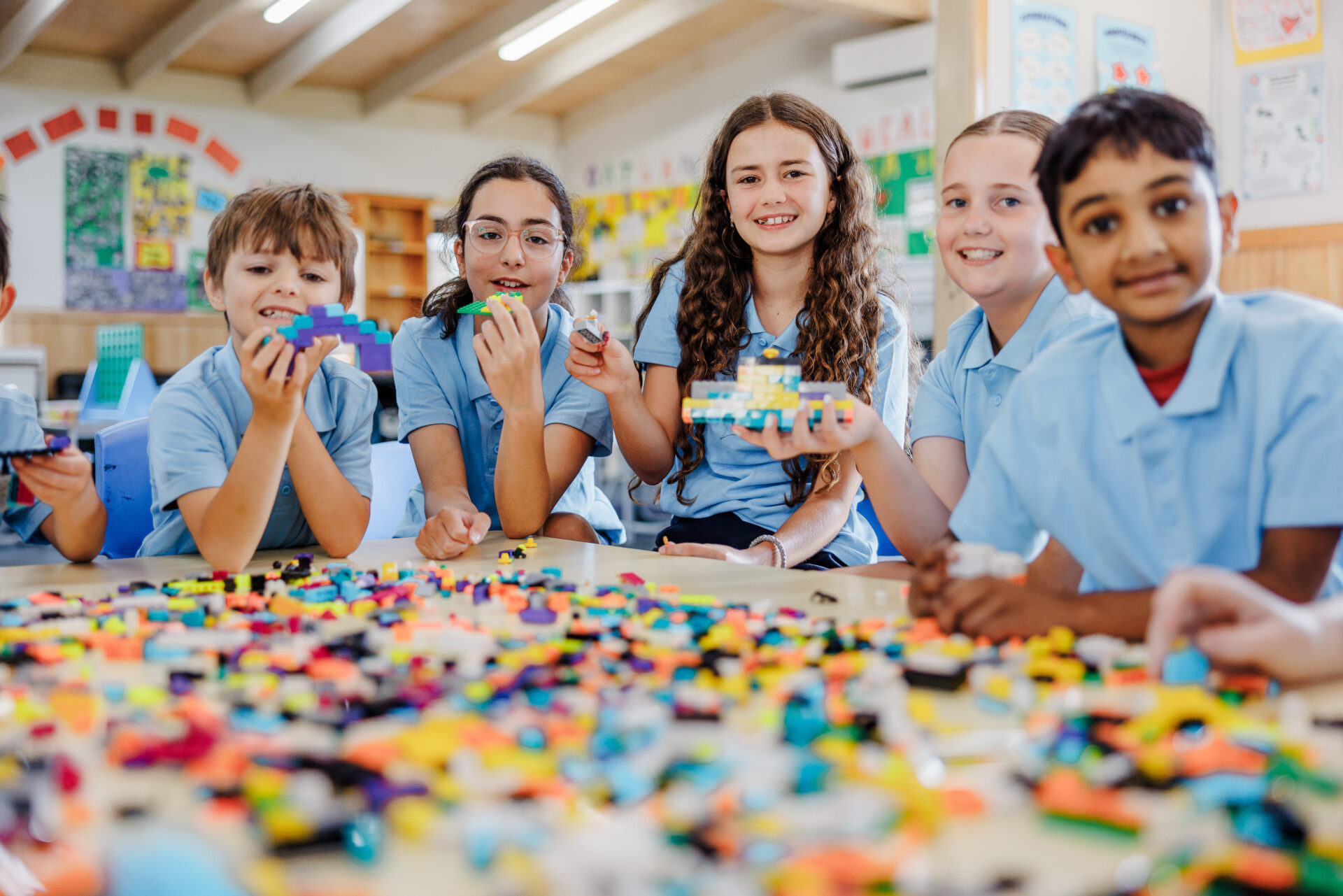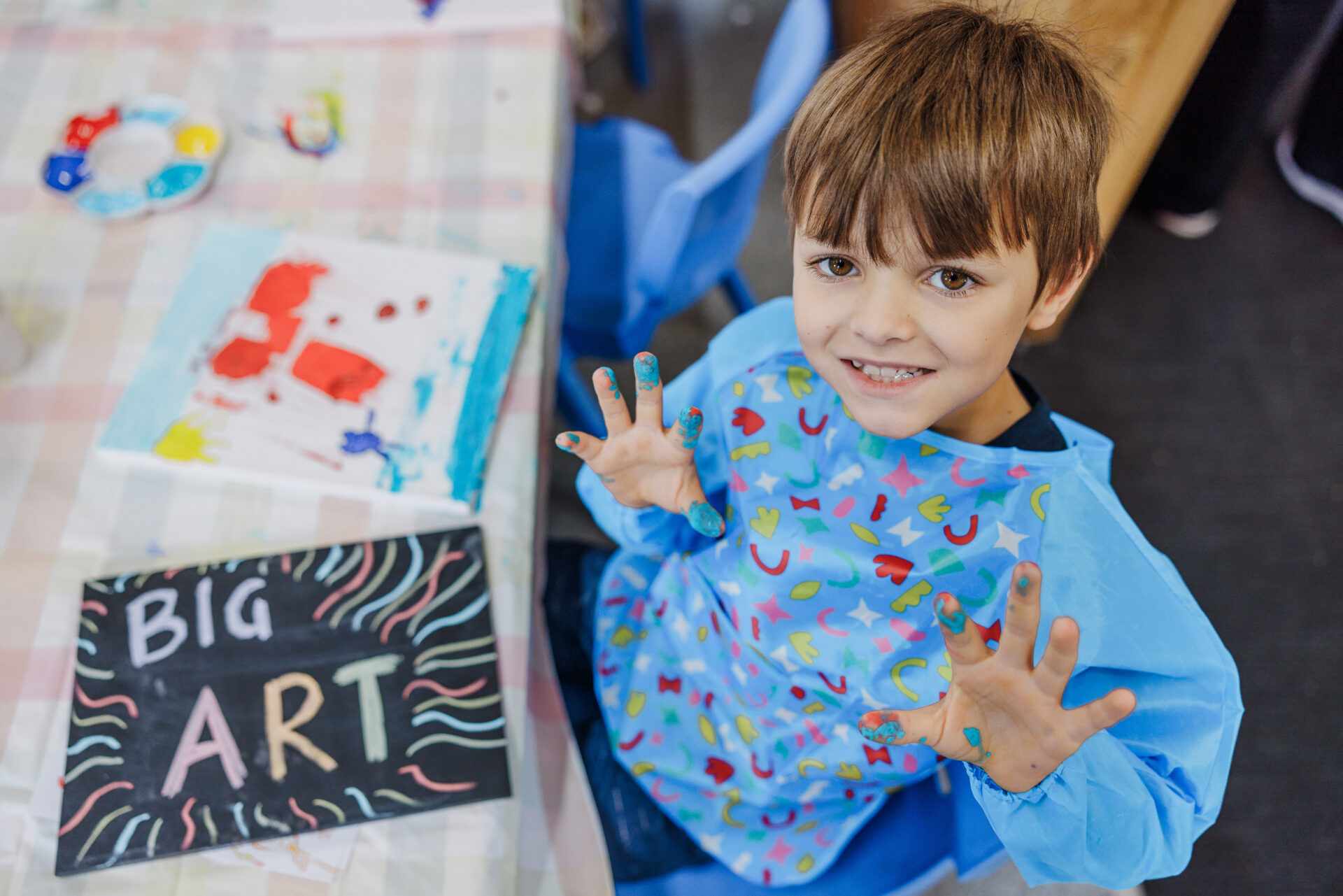Being confident gives children the ability to experience different things. When a child has self-confidence, they believe in their ability. They understand their own strengths and have the inner confidence to give things a go. Of course, there are certain situations that a child may not be confident in but for the most part, they are willing to accept their strengths and use these to enhance their success and happiness. They are also willing to give things a go that they aren’t overly confident with. Let’s explore some ways in which adults can help to raise confident children.
Confident Children are Happy Children
When a child feels that they are able to give things a go and do well at them, they feel confident in their ability. In contrast, children who doubt themselves, are not confident and happy children because their inner-doubt acts as a barrier that stops them from moving out of their comfort zone and trying new things.
Having a healthy level of self-confidence will allow a child to achieve their goals, build a solid friendship group and generally, be happier than those who have low self-esteem.
## Steps Parents can take to Raise Confident Children
Combating self-doubt is not as easy a solution as simply serving copious amounts of praise. The most competent child can actually be riddled with self-doubt. In addition, building confidence involves more than thinking positive thoughts. As adults, we often like to look on the bright side, but positive thinking alone, is not the be all and end all to building confident children.
There are three different approaches to raising confident children and these work in unison to tackle the self-doubt in children:
- Encourage your child to adopt a positive mindset and a sense of optimism. This is the can-do attitude that allows a child to give things a go, no matter how they will perform at it.
- Guide your child to overcome their fears and anxieties so that they feel they can take more risks from a social and academic perspective. Fears and anxieties set children back in many areas, especially when it comes to self-confidence.
- Encourage independence so that they can be self-achievers. Being independent reduces the reliance on praise from others and gives children the confidence to be themselves when they try new things.
How to Build Confidence in Children by Trusting Them
Andrew Fuller, leading clinical psychologist who specialises in the wellbeing of children, points out that trusting your child builds confidence in them. He suggests that a way to communicate to your child that you trust them is to ask them for help. This tells your child that you believe that they are capable and competent.
Trusting your child also gives them a sense of independence. There are many household chores that your child will enjoy helping with. Talk with them to determine a list of what they enjoy – for example, cooking dinner together or checking the letterbox after school.
Confident Children, One Step at a Time
Parents often wonder how to build confidence in their children. The fact is, that it is an ongoing process. Children may have a natural ability at basketball, for example, but if they don’t practice and learn new skills to develop on what they already can do on the court, then they won’t improve. Confidence also involves setting goals to improve on your skills and achieve your dreams.
Andrew discuses probability goals, which is a challenge that involves an error margin. The aim of a probability goal is to encourage us to challenge ourselves and to keep trying if we don’t meet our goals the first time. For example, at school, your child may have a spelling test each week and need to learn how to spell ten new words. A teacher may encourage them to initially get five words correct one week. Then the next week, the child could aim for six words correct, and so on until they master ten correct words. The teacher can then set more difficult spelling words to challenge children.
Avoidance Does Not Help to Boost Confidence
If your child is worried or scared of trying something new, encourage them to give it a go. When fears are avoided, they grow, so it is important not to help your child out of trying new things. The longer a child avoids their fears, the longer it will take for them to build the confidence up to try it, and the fear itself keeps growing.
There are many ways in which adults can help to raise confident children. It doesn’t stop at home too; before and after school care has many activities that are tailored for the children at each individual service. Trying new activities is a great way to help children to boost their confidence. To find out more about our programs, visit www.campaustralia.com.au.





